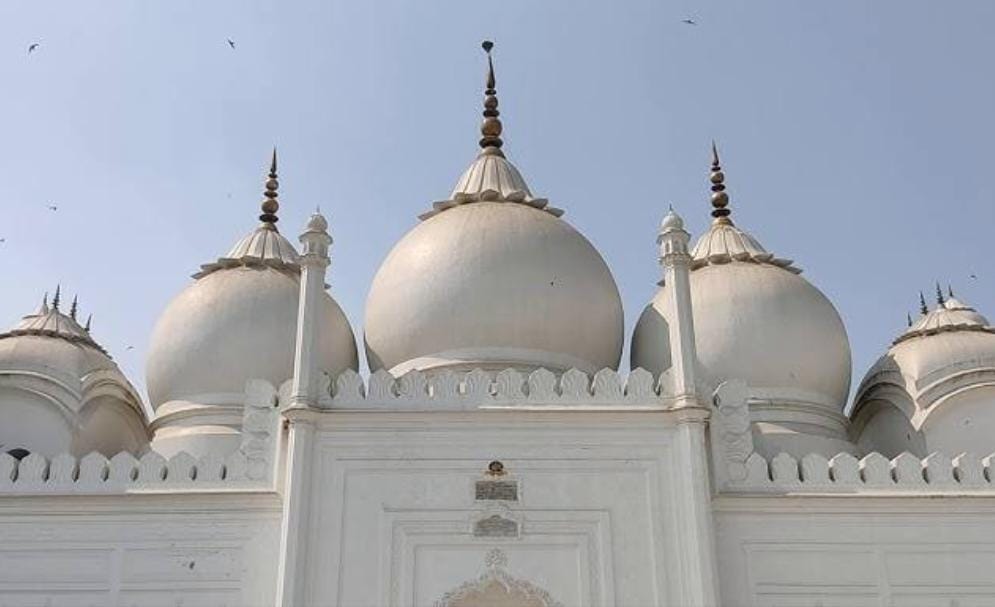
A petition has been filed in Aligarh’s Civil Court, claiming that the city’s Jama Masjid, located in the Muslim-majority Upper Kot area, was constructed on the remains of Buddhist, Jain, and Hindu temples.
The petitioner, Pandit Keshav Dev Gautam, an RTI activist, alleges that historical records indicate the mosque was built in the early 18th century.
Gautam stated that his claims are based on information obtained through multiple Right to Information (RTI) queries filed with various government departments, including the Aligarh Municipal Corporation.
According to the activist, the municipal body responded that the mosque was “built on public land without government approval.” Using this information, Gautam has requested the court to declare the mosque “illegal.”
The case is scheduled to be heard on February 15, as directed by Civil Judge Gajendra Singh.
This development follows a recent Supreme Court directive barring lower courts from ordering surveys of mosques in similar disputes.
The apex court’s ruling came during hearings on petitions challenging the Places of Worship Act, 1991, which aims to preserve the religious character of all places of worship as of August 15, 1947.
Petitioners have argued that the act infringes on the rights of Hindus, Jains, Buddhists, and Sikhs to reclaim religious sites allegedly destroyed during historical invasions.




